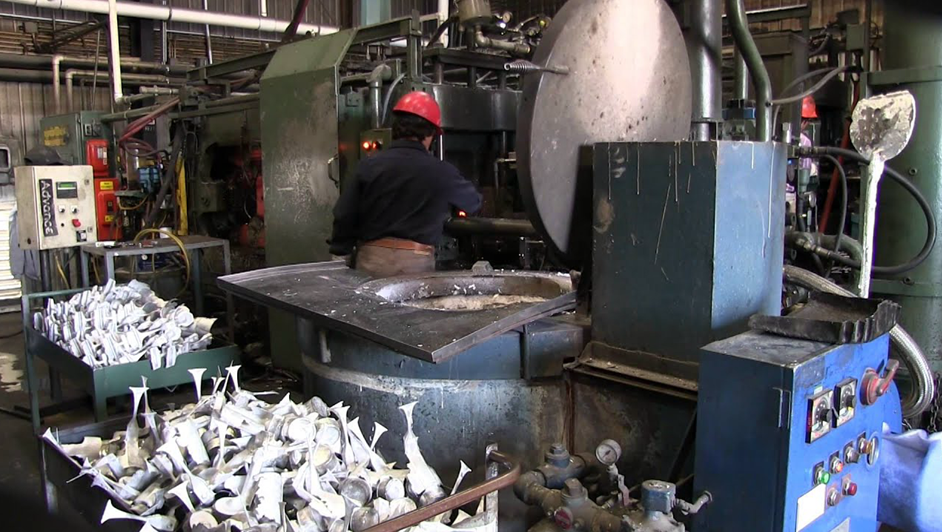CNC stands for Computer Numerical Control, a technology that has revolutionized the manufacturing industry. It is a computerized system that controls machinery and tools to create precision parts and components used in various applications. CNC machines have replaced traditional manual machines and have improved the accuracy, efficiency, and speed of manufacturing processes.
The CNC technology was developed in the 1950s when computers were introduced in manufacturing. The first CNC machines were used in the aerospace industry to produce complex parts for aircraft. Since then, CNC machines have been used in various industries, including automotive, medical, electronics, and textiles. They have also been used in woodworking and metalworking to produce furniture, toys, and other products.
A CNC machine works by using a computer program to control its movements. The program contains instructions on how to move the machine\’s cutting tools to create the desired shapes and sizes of the parts. The program is written in a language called G-code, which is specific to each machine and manufacturer. The operator loads the program into the machine\’s computer, sets up the tools and materials, and starts the process. The machine then follows the instructions in the program to create the parts.
There are different types of CNC machines, depending on their function and the type of parts they produce. The most common types are milling machines, lathes, and routers. Milling machines use rotary cutters to remove material from a workpiece to create a desired shape. Lathes rotate the workpiece while a cutting tool shapes it. Routers use a spinning cutter to cut and shape materials such as wood, plastic, and aluminum.

CNC machines have several advantages over traditional machines. They can produce parts with high accuracy and repeatability, which is essential for industries such as aerospace and medical. They can also work continuously for long periods, which increases productivity and reduces labor costs. CNC machines can also work with a wide range of materials, including metals, plastics, and composites, which allows for more flexibility in design and manufacturing.
In conclusion, CNC stands for Computer Numerical Control, a technology that has transformed the manufacturing industry. CNC machines have replaced traditional manual machines and improved the accuracy, efficiency, and speed of manufacturing processes. They use computer programs to control their movements and create precision parts and components used in various applications. CNC machines have several advantages over traditional machines, including high accuracy and repeatability, increased productivity, and flexibility in design and manufacturing.
-

- Magnesium alloy foundry parts bicycle wheel with CNC machining & surface finishing
-

- سائیکل کے لئے OEM ہائی پریشر ڈائی کاسٹنگ میگنیشیم کھوٹ فریم
-

- بچوں کے لیے سائیکلیں 3-16 سال کی عمر کے بچوں کے لیے سائیکلیں
-

- فیکٹری کسٹم چائنا Bmx سائیکل روڈ سپورٹ بچوں کی سائیکل 12 16 18 20 انچ سائیکل Mtb 6-10 سال کے بچوں کے لیے
-

- Magnesium Aluminum Alloy Children Bike 3-8 Years Old Cheap Hot Sale 14 Inch Children Bicycle FOREVER Wholesale 2022
-

- Die cast magnesium parts laptop housing cover D

 0086-750-5616188
0086-750-5616188 +86 13392089688
+86 13392089688 sales@zhongmei-tech.com
sales@zhongmei-tech.com







